WEBINAR: The Case for Open Science Drug Development
Professor Aled Edwards defines Open Science
“Our version of Open Science emerged from my having started a few biotechnology companies and at the time believing that it was the mandate of professors to start companies that make medicines, you know, do the whole venture capital thing. And I quickly appreciated that in that environment of pharma and drug discovery, keeping things secret actually was to the detriment not only of the company, but also society. We had so many projects that we could not pursue because someone had patented it. We had so many projects that we didn't pursue, but we wouldn't let out because for fear of someone might take our stuff. And then you can sort of see that happen. Also in acts of the business world, actually, by keeping things secret inhibits the discovery of medicines. And it was very frustrating to me. Similarly, in the academic world, we get no credit for sharing as professors in biomedicine. We get credit for being first and not right. But first. And so there's this incredible and almost deviant pathology among us to keep things secret so that we can be the perceived leader. And it also is to the detriment of Science, capital “S.” And so what we've done in our open science views and helped a lot by Richard and Tanya over the years is to codify a way in which scientists can share not only work after you've done it, but work of, in quotation marks, “commercial relevance” while we're doing it so that the cure comes. It doesn't happen to come for us. It can come from anyone. But that's good and right. And so I think that that's what opened science to us, means the willingness to share information that may jeopardize our being the first to publish. That may jeopardize our being the first to commercialize. But it will absolutely be get to the right answer faster and to cure faster. And that's more important to us than the form of parts. And so that's in a nutshell what it is.”
Synopsis:
Three Canadian professors share details of a new Open Science Drug Development platform launching soon in Canada. What it is, How it works, and Why is Parkinson's disease a key target for this?
Hosts:
Larry Gifford
Ben Stecher
Featured Guests:
Prof. Aled Edwards - Chief Executive of the Structural Genomics Consortium, a charitable public-private partnership
Prof. Tania Bubela - Dean in the Faculty of Health Sciences at Simon Fraser University.
Prof. Richard Gold - Founding Director of the Centre for Intellectual Property Policy

